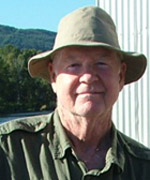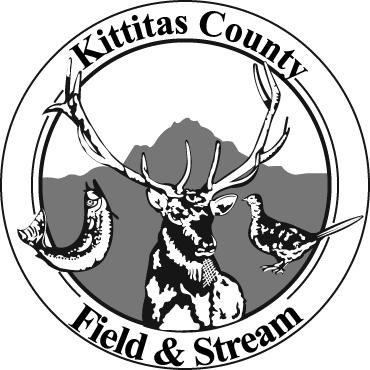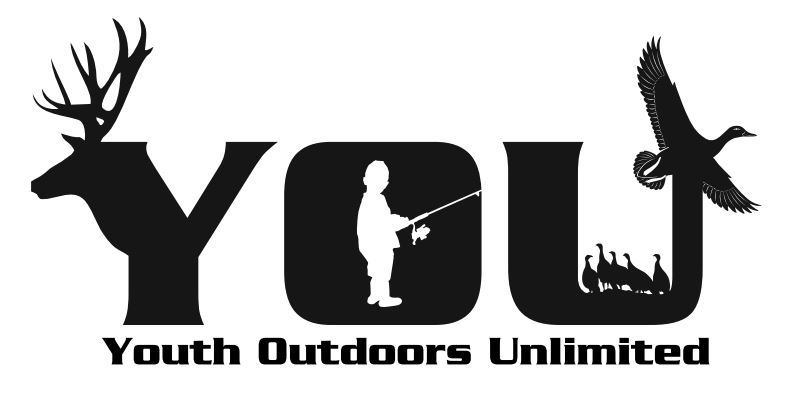Kids, Nature, Hunting and Life
Outdoor kids were the topics of several conversations this week. Most of those confabs revolved around the value of our children learning to integrate earth and nature and life through outdoor connections.
On Monday, our 13th Legislative District Delegation was in town. We had a brief moment to talk about the Washington Children’s Outdoor Bill of Rights we’ve been working to establish for several years. Senator Judy Warnick is drafting the proper legislation and Representatives Manweller and Dent have committed their support. We will discuss it in this space in coming weeks, but suffice it to say it will greatly encourage a wide variety of outdoor family activities.
We talk about these things all the time – and I certainly saw them as my Hucklings learned to hunt and shoot and fish – but I’ve not seen a better summary. In my Northwest SCI (Safari Club International) fall newsletter was an interesting piece titled “Benefits of Teaching Children to Hunt” (said to come from ammo.com). I thought you might find it interesting.
“Keeping the sport of hunting alive isn’t the only reason to teach kids how to hunt. From being in the woods to building character to learning to fend for themselves, there are endless benefits to hunting.
“Here are just a few.
“Self-reliance: When children know how to hunt, they’ll always have a way to feed themselves, even if the unthinkable happens. They will not be stuck, relying on others to obtain food.
Food cycle: When kids learn to hunt, they gain an understanding of the food cycle. Without hunting, many children never connect the meat on their dinner plate to a living, breathing animal.
Love of the outdoors: If hunting does anything for a child, it instills a love of outdoors and a wonder at the majesty of nature. It teaches them to respect and appreciate the woods, water and fields.
Rite of passage: For many hunting families, learning to hunt is a rite of passage. It may be the first time a child’s allowed at hunting camp during the rifle season or that he has his own hunting gear. It’s an easy way to show a child you recognize he’s growing up and ready for more responsibility.
Conservationism: Although non-hunters don’t realize it, hunters by their nature are conservationists. By exposing children to hunting, they learn about the balance of animals in the space that hosts them and the idea of taking only what you need. This protects the land and ensures game remains for the future.
Bonding: When you’re teaching children to hunt, it’s more about being together than hunting. You’re building memories, enjoying days spent together, and having experiences that can’t be found within city limits.
Health benefits: Hunting gets you outdoors and spending time in nature does great things for both your body and mind. It’s known to reduce stress, decrease blood pressure, and lead to more mindfulness.
Fitness and exercise: While you don’t have to be an Olympic athlete to enjoy hunting, you do have to be relatively physically fit. You have to walk distances, climb through brush and up mountains, and drag large game. Getting children involved in hunting shows them the importance of staying fit and creates a fun way to exercise.
Food safety: When it comes to what’s in commercial meat, it’s scary. Artificial preservatives, hormones, and antibiotics just top the list. But when children provide themselves with meat from a hunting harvest, they’re getting nothing but naturally fed meat.
Life skills: Hunting is more than sport; it’s a lesson in life. It helps youth develop character strengths such as discipline, patience, confidence, and endurance. It also teaches children how to deal with disappointment and move on to try again.
Passing on traditions: For some, hunting has been passed down from parent to child for generations. There may be a family hunting cabin or trips out West, and for many, hunting’s rooted in family traditions.
Unplugged: In this high-tech world, children are constantly plugged in. Hunting gives children an escape from electronics. It allows kids to unplug and just be.”
Then there were several questions about the Valley Rifle and Pistol Club’s 16 week Light Rifle Class League. This training in safe and fun family recreational shooting is certainly a start on getting kids checked into the outdoors. Mel Goudge (509-925-4285) or Hal Mason (509-962-3002) may still be able to get you into this winter’s league.
There may even have been some discussion this week about New Year’s Resolutions and getting kids connected outdoors.







